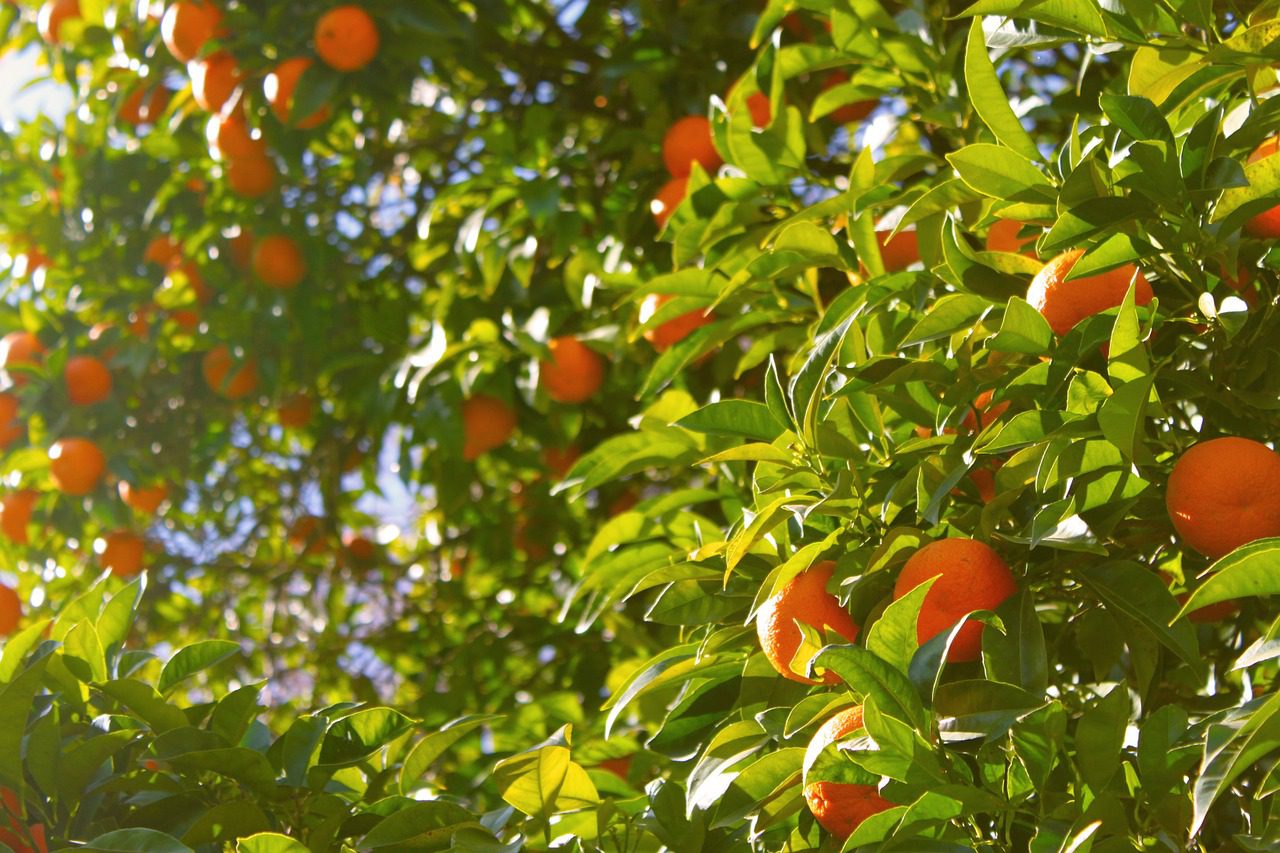UF/IFAS and Tropicana are working on creating citrus trees with greening tolerance.
There are many avenues that are being tested for fighting citrus greening, also called HLB. One area that is showing promise is creating trees that have greening tolerance. The University of Florida’s Institute of Food and Agricultural Sciences (UF/IFAS) and Tropicana have been teaming up to create citrus trees with greening tolerance, and the results so far have been promising, according to a UF/IFAS release. See details below.
Teaming Up to Create Trees With Greening Tolerance
The grafted trees were highlighted at the 100th anniversary of the UF/IFAS Citrus Research and Education Center (CREC). They are UF/IFAS-bred citrus varieties that were created to be an option for growers in the face of citrus greening, and also to create better tasting orange juice. The trees bred to have a tolerance by UF are raised in a 14.5-acre test plot rented by Tropicana near the UF/IFAS CREC location
The article highlights the difference between resistance and tolerance. Citrus trees with a resistance to citrus greening would be able to eradicate the citrus greening infection completely; trees with greening tolerance would still be infected, but they would be able to “perform adequately to make a profit.”
“This trial is providing strong evidence that the combination of improved scion genetics, improved rootstock genetics and optimized nutrition programs is the ticket for the immediate future,” said Jude Grosser, a UF/IFAS professor of horticultural sciences and a faculty member with CREC.
“I’ve been out to the site twice in the past year, and some of the rootstock-scion combinations just jump out at you with the lush green foliage and, more importantly, a large number of nice-sized fruit,” said Michael Rogers, the UF/IFAS CREC Director. “From what I’ve seen, we’ve got some reasonably tolerant scion/rootstock combinations that growers should be taking a look at as short-term solutions to living with greening until true HLB-resistant trees are developed.”
Grosser agreed, saying, ““This trial is providing strong evidence that the combination of improved scion genetics, improved rootstock genetics and optimized nutrition programs is the ticket for the immediate future.”
He added that, ““These clones are a good immediate-term solution to help us until resistant clones are available. We are continuing to screen rootstock hybrids for HLB tolerance that can be transmitted to a grafted scion. So far, we have screened more than 10,000 hybrids, and we have identified a few truly promising selections. Citrus breeding is a continuum – we are constantly building on previous progress.”
Griffin Fertilizer is committed to helping both growers and ranchers make sound agronomic and economic decisions in order to maximize the health of their grove and pasture. As a full-service custom dry & liquid fertilizer blender and crop protection product distributor, we will continue our mission to further advance Florida agriculture. For questions or concerns about your farm or pasture, contact us and one of our team will be in touch.

